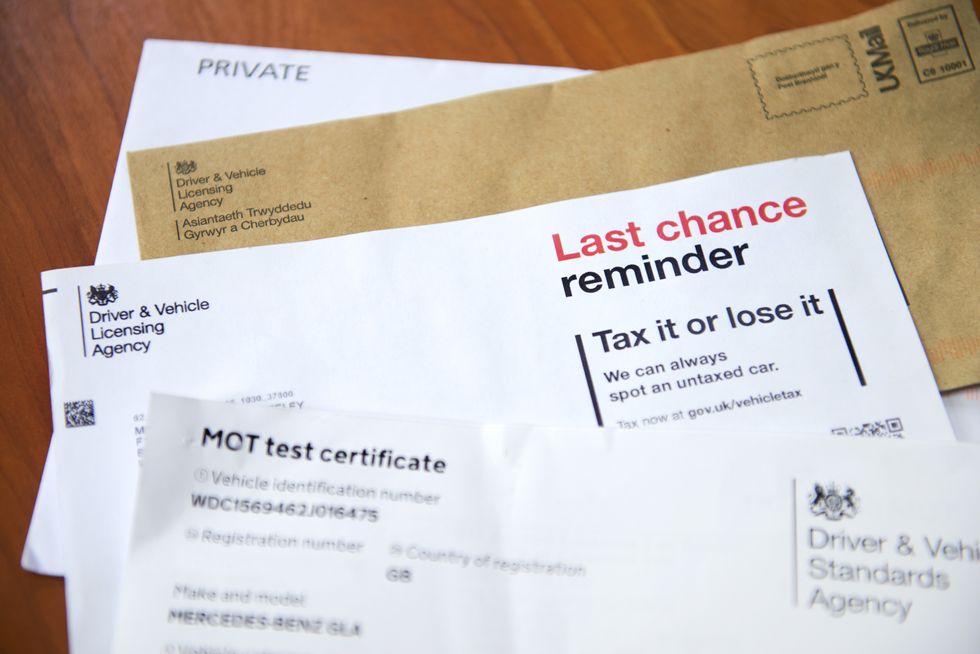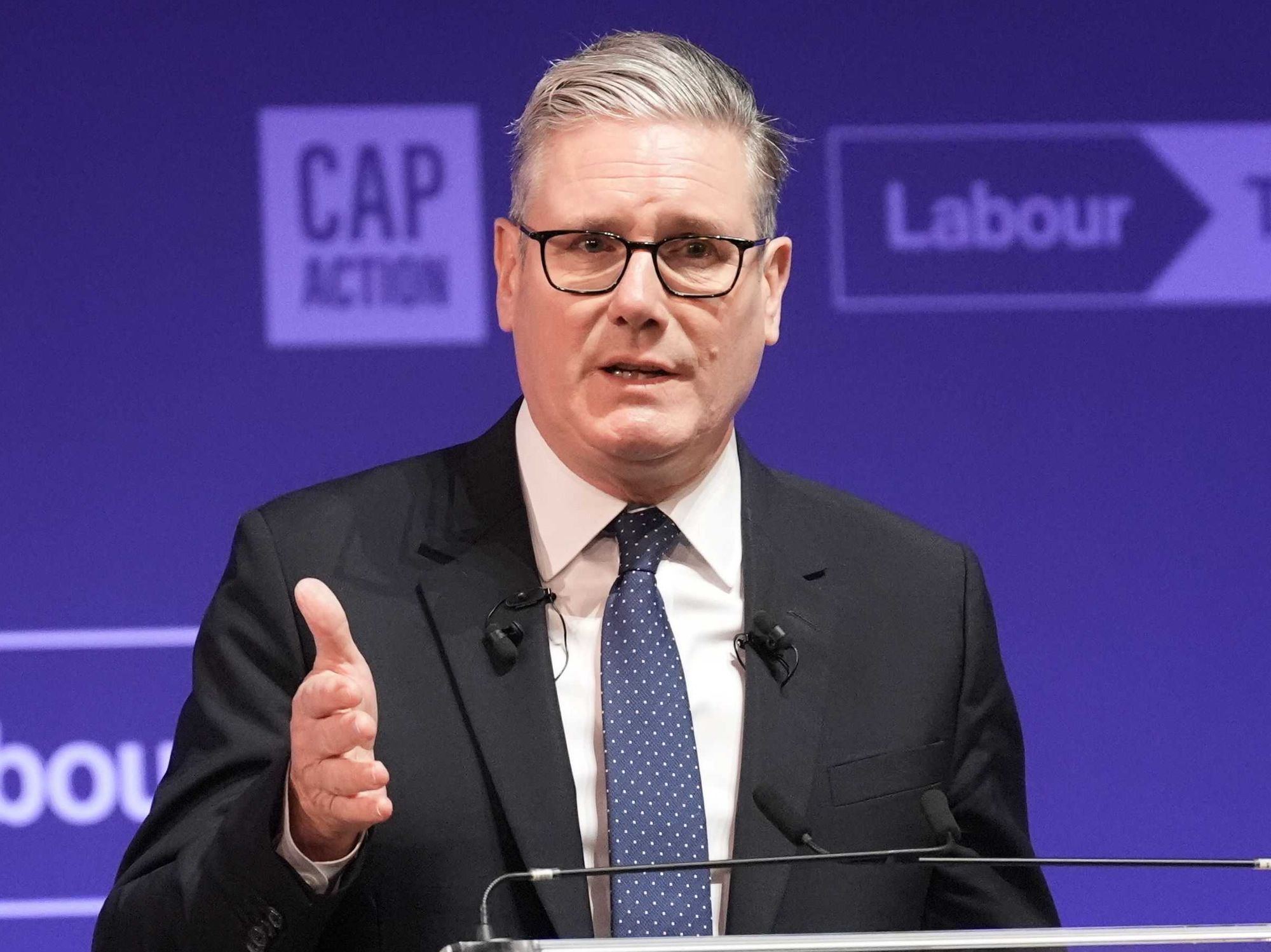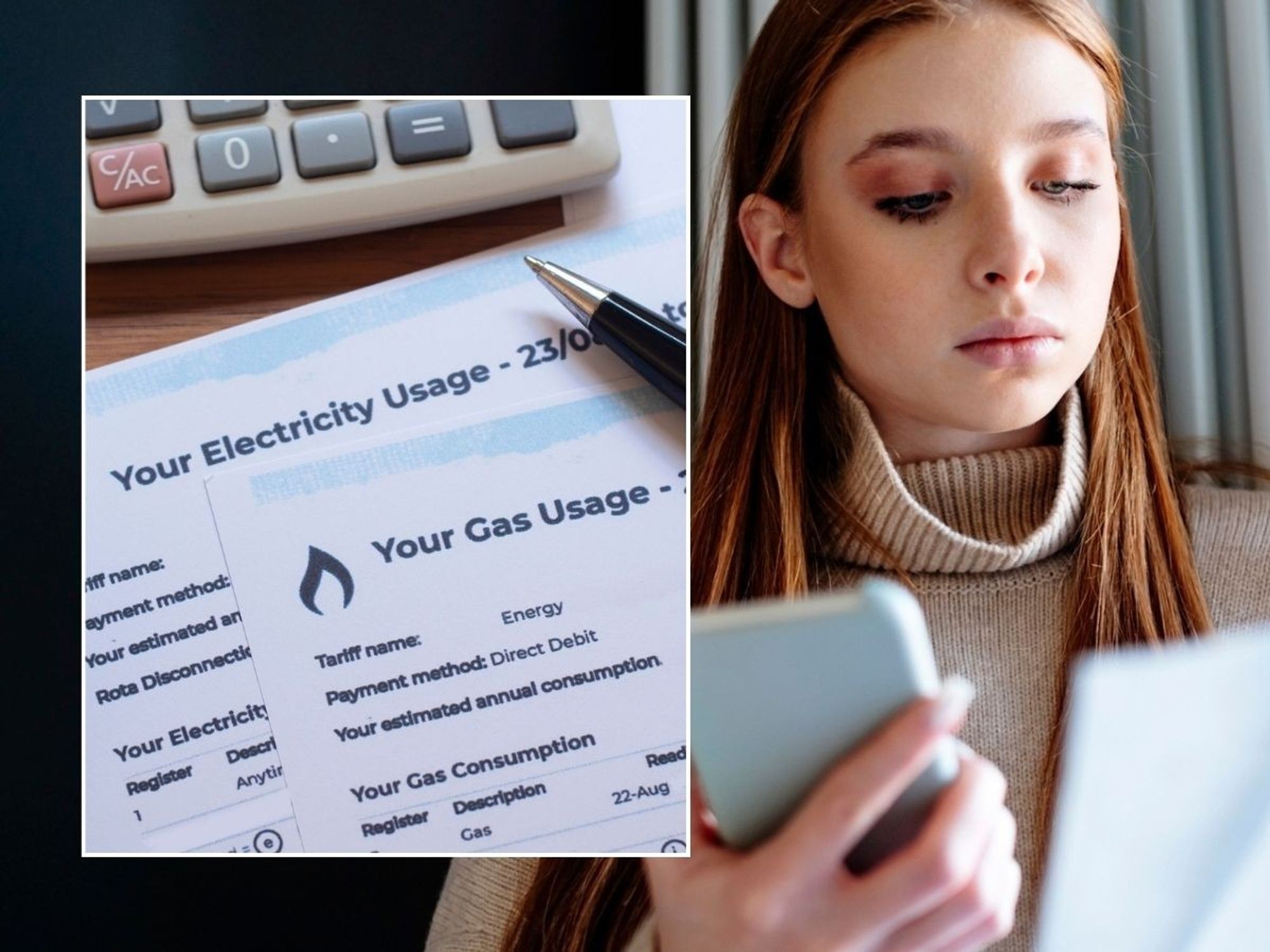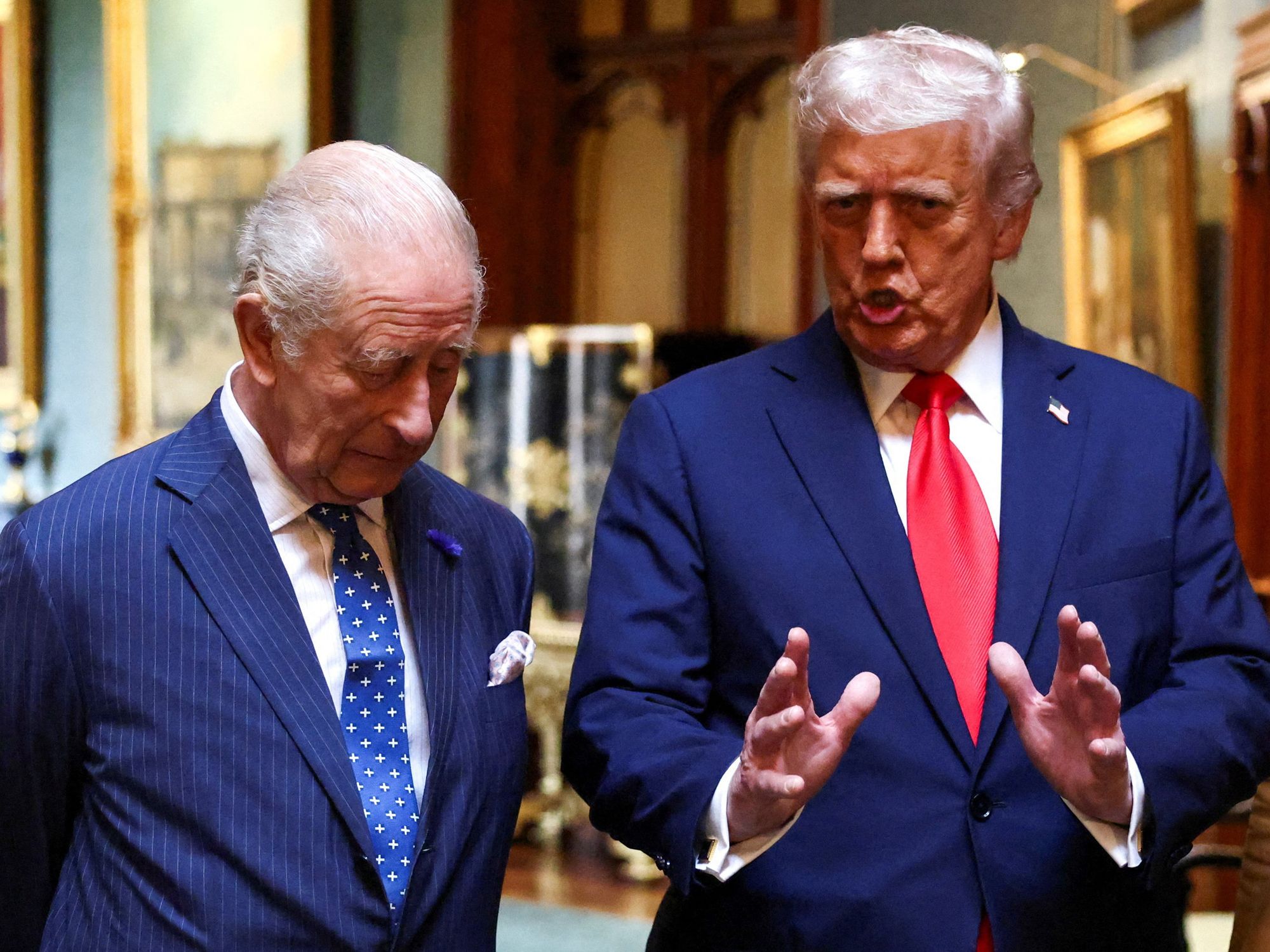Drivers warned of new car tax changes set to launch within months with planned VED hike

Car tax rates are expected to rise in line with RPI in April
Don't Miss
Most Read
Latest
Britons are being warned that car tax rates will be hiked in the coming months, while some drivers will experience a large saving in motoring costs.
The Government documents for the Autumn Statement detail how changes will take place and what impact they will have on the economy.
It announced that the Government will uprate Vehicle Excise Duty rates for cars, vans and motorcycles in line with RPI from April 1, 2024.
The policy objective of the tax hike is to “ensure that VED receipts are maintained in real terms and that motorists make a fair contribution to the public finances”.

Car tax changes are set to be introduced in April
|GETTY
Changes to the rates of car tax are not expected to have an Exchequer impact, according to HM Revenue and Customs (HMRC).
It states that since VED rates will rise in line with RPI, vehicle owners will not see an increase in real terms.
HMRC added: “The measure is not expected to impact on family formation, stability or breakdown.
“Customer experience is expected to remain broadly the same as this measure does not make any changes to the operation of the tax.”
The 2024 annual VED flat rates for cars registered after April 2017 will see petrol and diesel cars paying £180 for 12 months, alternative fuel cars paying £170 and electric cars not having to pay anything.
However, drivers do need to pay an extra £390 if they have a car or motorhome with a “list price” of more than £40,000, with this charge being applied for five years.
The £390 surcharge will see petrol or diesel vehicles pay a total of £570 for a flat rate and £560 for alternative fuel vehicles.
Company car taxes, also known as Benefit-in-Kind taxes (BiK), will remain the same for people who make use of these schemes, with rates expected to rise in the 2025/26 tax year.
The Government also pledged to support thousands of lorry drivers and the haulage sector by suspending the HGV levy.
The HGV levy, which can cost between £150 and £749 annually, will remain at 2023/24 rates for 2024/2025.
Motorists will further benefit from a freeze on the rate of Vehicle Excise Duty (VED) for HGVs.
Estimates suggest that the tax change will cost the Government £20million a year until 2027/28, and £25million for 2028/29.
LATEST DEVELOPMENTS:
- Drivers warned of £80 fine for clearing windscreen frost with method that can 'damage engine components'
- New laws will see the UK have ‘most ambitious timeline’ to encourage drivers to ditch petrol and diesel
- Car insurance price chaos to continue without help for drivers - 'don't expect a change any time soon'

The DVLA has the power to clamp untaxed vehicles
|PA
The total cost of £105million to the Government will be championed by the haulage industry as motorists continue to struggle with driving costs and the cost of living crisis.










